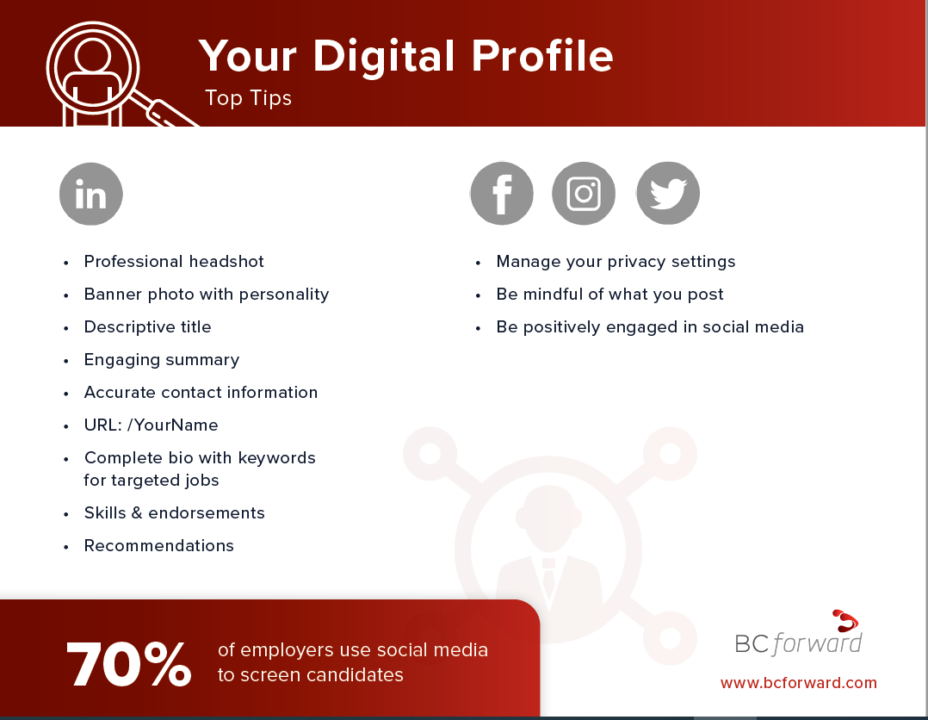The Market for Software QA Professionals has Never Been Hotter
The Market for Software QA Professionals has Never Been Hotter
As a “Pure Play” Quality Assurance consulting firm, we at tap|QA have been hearing numerous questions centered on the same theme over the past couple of years:
“We’ve never had such a hard time finding talented QA people
for our team – why is that?”
“How come I can find a developer relatively easily, but finding a strong test
automation person takes forever?”
“Why does the skill set of a software tester seem so
different these days?”
We discussed this on our
recent tap|TALK podcast – as we enter 2019, the Software Quality
Assurance role in organizations has never been more important – and that is
leading to a supply and demand issue that has made finding and hiring talented
QA professionals that much harder.
So it seems the role has changed a lot over the past decade – and is being perceived as more critical today than ever before. But why is that?
Simply put: Software is EVERYWHERE
Think of where we were just over a decade ago to where we are today. Smart phones and mobile platforms were in their infant stages. Same with software on interconnected devices and the “Internet of Things.” Ten years ago, if you needed a ride from Point A to Point B and didn’t have a car, you called a taxi cab. If you were away from your home and forgot to turn your thermostat down, you were out of luck unless you called a neighbor. Until 2007, watching a movie from Netflix meant getting a physical disc in the mail. If you were in your car and wanted to listen to a specific song, but didn’t have it on CD or mp3 player, you were out of luck.
And then at the end of the 2000s, the
iPhone and Android Phone were introduced, and EVERYTHING changed.
Today, technology is at the center of our everyday lives. We utilize applications on our phones,
computers, and other devices to literally run a large part of what we do on a
day-to-day basis. And with that, for technology
to be successful, above all else, it
needs to work.
With so many product and service options, and over 2 million apps available for both Android and iOS, not the mention the software that operates on “Smart Devices” if a company releases a software product that doesn’t work, or has a website that crashes or is unable to complete a transaction, the chances that a customer moves on to something else is very high – if not a certainty.
The rise of IoT technologies, particularly in the Automotive sector, has placed great demands on the QA and Testing functions, according to the latest World Quality Report.
For these reasons, a well-thought out test strategy and ample manpower on the software testing side is critical for any company that produces a technology-based product to grow… and survive. The need for strong Quality Assurance is at an all-time high – and growing.
The way we create software is different – and FASTER
With the advances in software development since the turn of the century including the adoption of methodologies such as Agile, BDD, TDD, etc., and the growth of DevOps as a practice, software development and release cycles are much shorter. This means software is being tested continuously, instead of being done in bulk in an isolated period at the end of the process.
This means that QA professionals are no longer “just testers,” but need to be an instrumental part of the software planning and strategy phases. QA analysts must interact more with the entire team and serve as true strategists when it comes to the planning and requirements phases. Failure to do so increases the chances for longer, more cumbersome testing cycles (which leads to software releases missing deadlines, or greater chances of defects when that software is released).
In many organizations, the developer-to-QA ratio has decreased dramatically as well; in many cases, QA members actually outnumber developers which was typically not seen in SDLC organizations in the past.
Now more than ever before, QA professionals have a true “seat at the table” when it comes to the creation of software.
Blame the media (and Social Media)
Remember Healthcare.gov? While the website seemingly works great now, many people will always associate its name with its failed initial launch. One of the biggest reasons for the failure was an alarming lack of planning and insufficient testing. Analysts have commented that this episode may have had more positive impact for the importance of quality assurance than any other event. Let’s face it, when The President Of The United States points out the importance of having technology that works, and the necessity of proper testing, it means a lot for the members of a profession whose job it is to assure that happens.
The old adage used to be “a satisfied customer will tell one person, an unhappy customer will tell ten people.” In the age of social media, it could be several orders of magnitude more than that now. Bad news travels fast. Twitter, Facebook, YouTube, and other sites are full of posts complaining about a particular website being down, an app not working, etc.
If the software you create doesn’t work and you make a potential customer unhappy, your BEST hope is that you only lose that customer – and they don’t take others with them.
How do you prevent this? Simple – with a better QA process, you can help ensure your technology won’t be on the bad end of “going viral.”
And now… the good news
Despite the all-time high demand for experienced, talented QA professionals, and the shortage this demand has created, more and more people are getting into the field each year. As we discussed on our most recent tap|TALK podcast, the career path of the QA professional has become much more well-defined, and the role has garnered much more respect among professionals in the SDLC world than what was previously seen.
In the past, globally, many QA professionals would leave the role to pursue “something better” due to the perceived nature of the importance of the QA role. Trends are showing that is no longer the case. There are more career-long options for QA professionals – and compensation for the role has never been better. “QA Analyst” has consistently been cited as one of the happiest jobs in America, and CNN Money recently cited the QA Manager role as having a predicted 15% job growth between 2015-2025.
As a “Pure Play” QA and Software Testing consulting firm, we are excited about the market for QA professionals in 2019 and proud to have hired so many outstanding professionals who have committed to Test as a career!
Digital Transformation to Help You Achieve Agility
Today’s rapidly changing business environments – driven by innovation, digitization, and sheer increases in processing power – are direct byproducts of the digital transformation of the late-20th century. Now, organizations…
WEBINAR | tapQA Presents: Digital Profile
As we progress through almost an entire year of living in a pandemic the world around us has digitized almost, everything. But have you done this for yourself? In a…
Data-Driven Decision Making (DDDM): How You Are a Data Analyst and Don’t Even Know It
Every day we are faced with a multitude of decisions that are subconsciously being determined by data. Where is the cheapest place near me to buy gas? How busy is…


